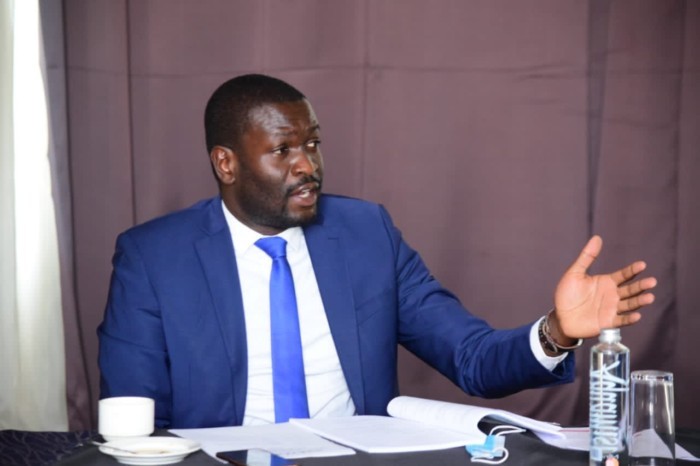The office of the director of Public prosecutions in collaboration with other government agencies has launched a plan that seeks to replicate the Anti-money laundering laws in Kenya to curb the entry and exit of contraband goods at the port of Mombasa.
The ambitious plan that is at the discussion stage is set to be launched in collaboration with Space for Giants an international organization that has been working to protect elephants Africa
The project is set to use the Know Your Customer(KYC) model which is a compliance mandate for banks requiring them to conduct background checks on their clientele involved in huge financial transactions to ensure they do not have a history of involvement in illegal activity such as fraud, narcotics trafficking or terrorism.
The KYC also checks whether the client has questionable sources of income.
Speaking during the first high-level discussion towards pushing for the replication, Central Bank governor Patrick Njoroge said that the Central Bank was working with the monetary authority of Singapore to come up with an appropriate platform to help ease the background checks.
“ A lot of trade goes through Singapore actually it has the second-largest port in the world,” Njoroge said.
Delegate mostly drawn from the office of the Director of Public Prosecutions who attended the two-day high-level discussion are working to identify the laws that need to be reviewed to help build watertight cases in such contexts.
Ivory suspects detained for three days by Mombasa court
Once complete the KYC replica framework will compel shipping agents to identify and conduct full background checks on the senders and recipients of cargo at the port of Mombasa to ensure they do not have a history of involvement in illegal activity.
“This would be of deep benefit not just to conservation, but to all Kenyans. These Know Your Customer laws would make it far more complicated to move weapons, counterfeit medicines, drugs, stolen goods, as well as tusks, horns, and scales. ” said Shamini Jayanathan, Director of Wildlife Law and Justice at Space for Giants.
Under the merchant shipping act of 2009, shipping agents are not required by the law to conduct background checks on the senders and recipients of cargo they are handling.
Should it be launched, the replica will make Kenya the first country in Africa to adopt such a mechanism in the shipping industry.
The port of Mombasa which is the largest port in East and Central Africa has always been on the spotlighting over the sneaking in and out of illegal goods such as ivory and narcotics.
A 2015 report by the Elephant action league indicated that more than 188 tonnes of ivory were shipped to other countries mostly in South East Asia through the port between 2009 and 2015.
Ivory seized at Mombasa port valued at sh.197m, KRA
In 2016, two fugitive Kenyan brothers Nicholas Meri, 44, and Samuel Bakari, 29 were placed in the Interpol red list after being linked to an Ivory seizure of 511 pieces in Thailand that had originated from the port of Mombasa.
A third of the persons placed in Interpol’s most wanted list over links to wildlife trophy crime are Kenyans.












